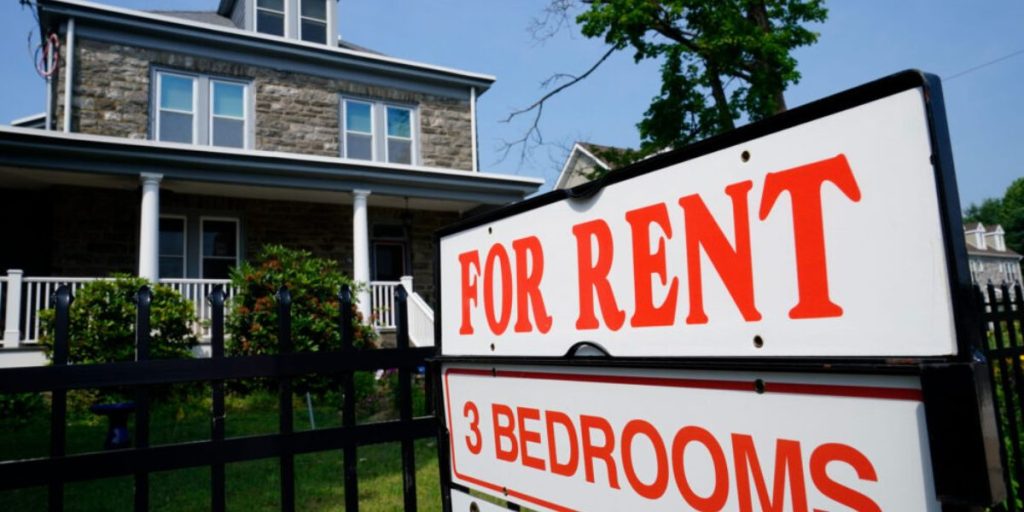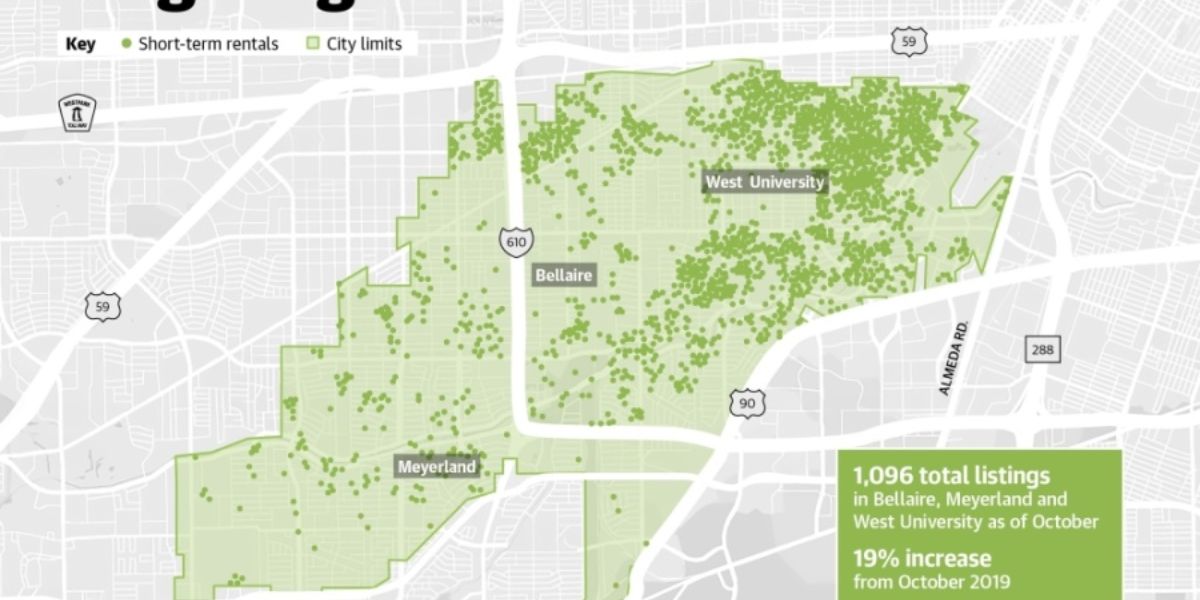Officials in Houston are now engaging in conversations about how to effectively manage short-term rentals this year, following numerous resident complaints regarding the impact of the unregulated market on their quality of life.
At a public comment session on November 9, Houston local Susan Sajadi shared her experience of hearing gunfire from an Airbnb near her residence and expressed her frustration over the lack of action taken in response.
“Unless there is a body in the street or somebody is killed, that is what it’s going to take to actually get somebody to do something,” she said.
In April, city officials convened to initiate the information-gathering process regarding short-term rentals in Houston, and after nine months of deliberation, they have developed a potential regulatory plan for the market.
Bram Gallagher, who leads the economics and forecasting team at AirDNA, a firm specializing in short-term rental data analysis, noted that Houston markets have seen a consistent increase in short-term rentals over the last five years.
As of October, Bellaire, West University, and Meyerland reported around 1,096 listings. In October 2019, the number of listings reached 920, marking a notable 19% rise.
The highest concentration of rental homes was found in the 77030 ZIP code, close to the Texas Medical Center. Across all five ZIP codes, the majority of available units feature either one or two bedrooms.

Despite the lack of a significant rise in listings, revenue has impressively doubled over the past five years. In October 2019, 920 listings generated approximately $760,000 in revenue, achieving an average occupancy rate of 53%, indicating the proportion of available space that was utilized. In 2024, the 1,096 available listings generated $1.44 million while maintaining the same occupancy rate.
Following a public comment session in March that drew nearly 40 residents voicing concerns about short-term rentals, City Council members Sallie Alcorn and Amy Peck urged the administration to assess the possibility of implementing a registration or permitting system for these rentals in Houston.
In April, the Administration and Regulatory Affairs Department began collecting data and information to formulate possible regulations. Julian Ramirez, chair of the Quality of Life Committee and an at-large council member, indicated that there may be regulations mandating STR owners to register their properties with the city.
Ramirez indicated that there might be conditions under which a registration could be canceled, such as: If inaccurate information was supplied in the application.
- False information was provided in the application.
- Important changes were not reported to the city.
- If there are two or more instances when the city had to lessen a nuisance.
- Someone who is staying at an STR or the owner was convicted of a listed criminal offense.
The suggested regulations require approval from the Houston City Council before proceeding and may be altered.

